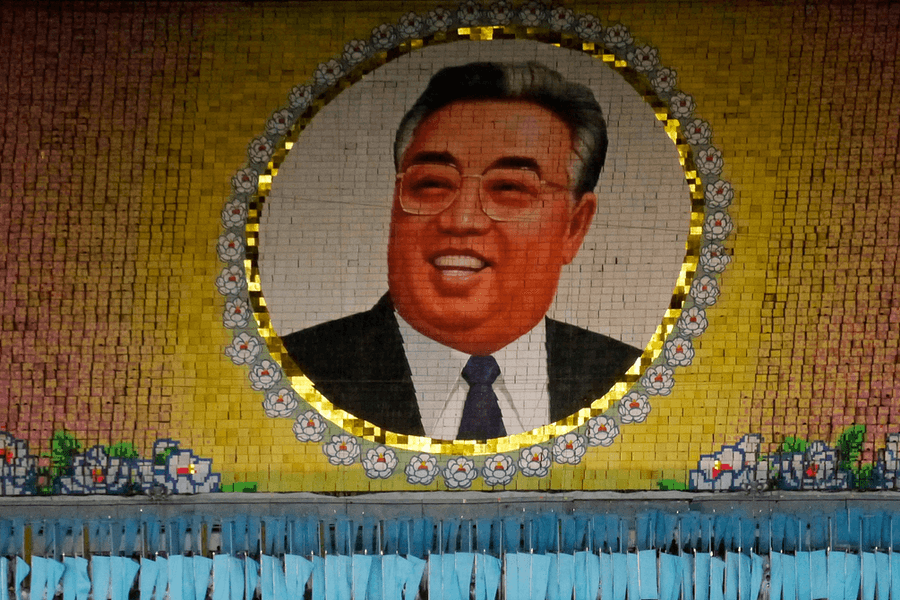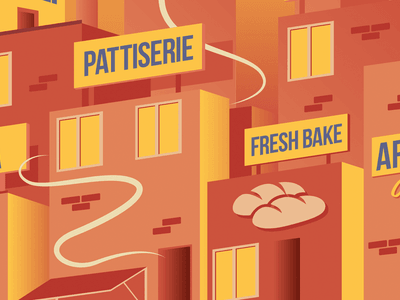We asked investigative photo-journalist Jeremy Hunter to paint a picture of real life in North Korea, beyond the pontifications of the Supreme Leader.
North Korea is the most isolated, probably the most brutal and certainly the most secretive country in the world. When Kim Jong Il, the Dear Leader, was in power he said “we must envelope our environment in a dense fog to prevent our enemies from learning anything about us”. In 1987 when Robert Gates was Head of the CIA, he said North Korea is “the toughest intelligence target in the world”, not least because no statistics have been published about the country since the 1960s.
For 70 years propaganda has pervaded every single aspect of life in North Korea, all to promote North Korea as “a Land of Perfect Bliss”, and in doing so three generations of the Kim Dynasty have created the most powerful propaganda machine in the world. So let me paint a brief picture of some aspects of daily life in “the Most Perfect Place on Earth”.
Any visit to the country usually begins in Pyongyang. The population in the capital is controlled at 2 million (only the Elite Class may live there) and the disabled are banned because they are considered to be impure. When I came back from North Korea, I did some research on disability around the world. In a city like New York, 11.7% are disabled; and in the UK 18% are disabled. Throughout North Korea it's only 3% and to me that indicates that any child born with any kind of disability is disposed of at birth.
My hotel room in Pyongyang overlooked a square, and every morning I would be woken up by music being played outside through giant loudspeakers. It was the most unearthly, almost supernatural sound, more reminiscent of the theme from Doctor Who. Research indicated that it was in the key of E major, and anyone who has a modicum of musical knowledge will know that E major is a very positive and uplifting key, but here the sound was just so sinister. All cultural life is determined by the Regime, and when Kim Il-sung was seventeen he played the organ in his local church as his father was a Presbyterian minister. In later life Kim decreed that all music composed should be in this same key of E major as “it builds community spirit.”
In 1910, the Korean peninsula was annexed by the Japanese and they occupied it until 1945. At that point the northern part of Korea was occupied by the Soviet Union, the south by the USA. For three years they tried to unify the country. That failed and then it was at that point that Stalin appointed a young guerilla leader, Kim-il-sung to become the first president of the country. Today the regime promotes Kim as "the greatest man who ever lived, leader of the most glorious people on earth."
Three generations of the Kim Dynasty have created the most powerful propaganda machine in the world.
One of the first things he did was to ban all religion in the country, and today the most heinous crime that can be committed is owning a bible or taking part in a Christian service. The people were told “Kim Il-sung is this world's God. Why would this country need the Holy Bible?”. Ownership or participation is a crime that can warrant arrest and execution.
Christianity is a serious threat to the regime, because the gospel challenges the offcial personality cult. There is only one God in North Korea and that is Kim Il-sung. Children are taught their hands will drop o if they touch a bible. Yet the people are still told: “every citizen in the country enjoys full religious freedom”, but the reality is completely different. In 2005 the United States Commission on International Religious Freedom stated that “five Christians found secretly worshipping were arrested, bound, laid out on a road and run over by a steam roller”.
One of the first things he did was to ban all religion in the country, and today the most heinous crime that can be committed is owning a bible or taking part in a Christian service. The people were told “Kim Il-sung is this world's God. Why would this country need the Holy Bible?”. Ownership or participation is a crime that can warrant arrest and execution.
Christianity is a serious threat to the regime, because the gospel challenges the offcial personality cult. There is only one God in North Korea and that is Kim Il-sung. Children are taught their hands will drop off if they touch a bible. Yet the people are still told: “every citizen in the country enjoys full religious freedom”, but the reality is completely different. In 2005 the United States Commission on International Religious Freedom stated that “five Christians found secretly worshipping were arrested, bound, laid out on a road and run over by a steam roller”.
Today everyone in North Korea wears a badge which depicts Kim Il-sung “the Supreme Leader”, because “the Supreme Leader is alive and with us forever”. The badge needs to be considered as a holy object to be worn on the left breast so it's closest to the heart. The entire population is also provided with a free radio. It's tuned to the 3rd Broadcast and the radio cannot be turned off. If the country needed to be mobilized due to, say, a pre-emptive strike from the South, the Regime would immediately be able to contact the entire population through the radio system.
The entire population is also provided with a free radio. It's turned to the 3rd Broadcast - and the radio cannot be turned off.
Everybody is also provided with a portrait of Kim Il-sung. If you walk past a portrait of him, to demonstrate your loyalty to the Regime, you must be seen to murmur: “Thanks to you, Dear Father, we have such a good life”.
At home, the portrait must be kept pristinely clean, dusted every day and treated like the Holy Scripture. Households are told “people must place the safety of portraits before their own family”. The Inminban,a Neighbourhood Watch-like group of women who monitor criminal activity and political disobedience have the authority to carry out random checks on this.
North Korea lacks both power and water. It's not that they don't have power, or they don't have water, but water requires oil to power the system, to actually pump it around. Electricity goes off in Pyongyang at midnight. At 3.00 am one night I was looking out of my hotel window; it was pitch dark and I saw one person walking around the street, which was like Regent Street, with a torch trying to find his way!
So what do all North Koreans aspire to? For a privileged life they want constant tap water, round-the-clock supply of electricity - and unlimited amounts of white rice. For most people that is quite beyond them.
Jeremy Hunter
Jeremy Hunter’s approach to North Korea is from a journalistic perspective. He is an investigative photo-journalist and former TV News/Current Affairs Reporter. He entered North Korea just before the death of Kim Jong-II to attend and photograph the socio-realist spectacular ‘Arirang’ employing 150,000 performers - but now unlikely to be seen again.
Jeremy began his career in advertising - as a television creative, winning a number of international awards in Cannes, Venice, New York and Los Angeles. During this time he worked with some of Britain's most iconic film directors - John Schlesinger, Ken Russell, Tony Scott, Dick Lester, Nic Roeg, and photographer Terence Donovan. Over the past thirty years he has divided his time between television reportage and photojournalism. He was a foreign correspondent for NIR-TV based in Tehran, reporting extensively from around the world. This was followed by a period as On-Screen News/Current Affairs Reporter/Producer for Granada TV from where he went to the BBC as writer/producer and then to Channel 4 "Cutting Edge".
As an investigative photo-journalist he specialises in reportage from some of the darkest corners of the world and contributes to The Sunday Times, The Telegraph Magazine, The Sunday Telegraph Magazine, The Guardian, Mail on Sunday, Bunte, Conde Nast Traveller, GEO, Stern, Epoca, Wanderlust and many other travel-related magazines. His reportages have been recognised with three UNESCO awards.



